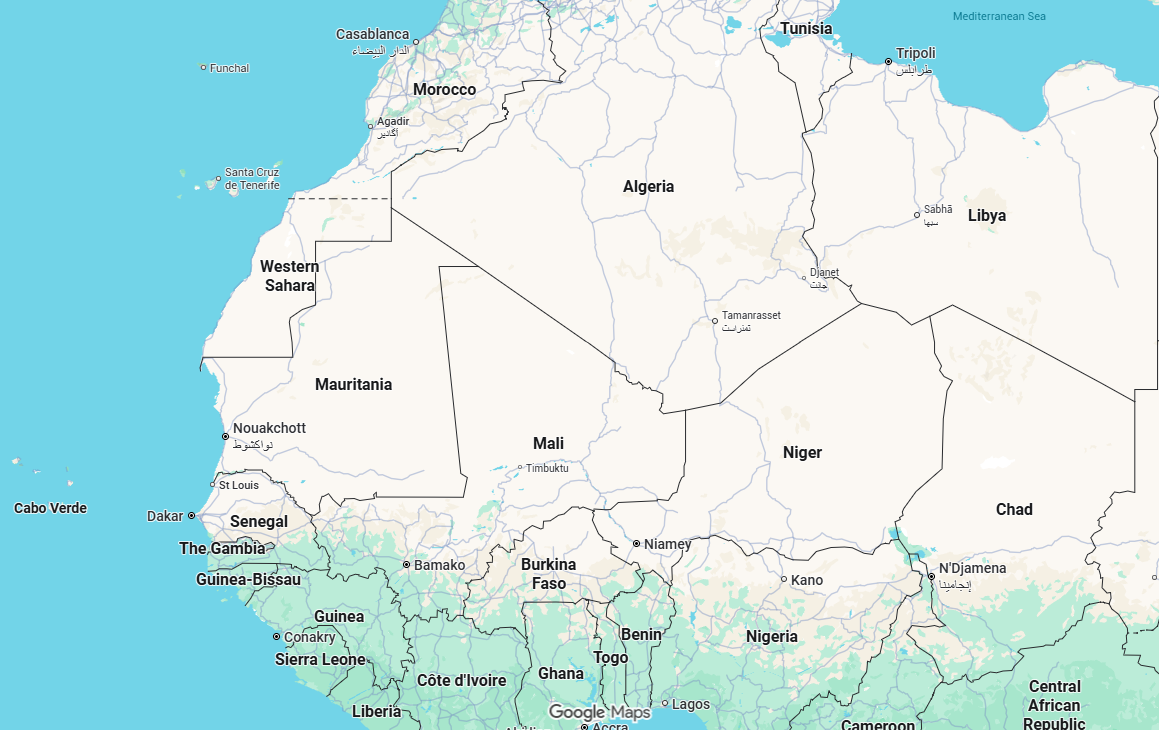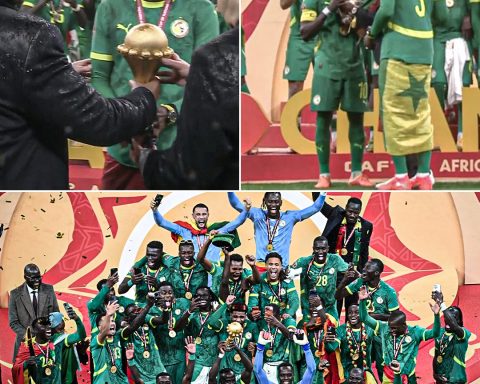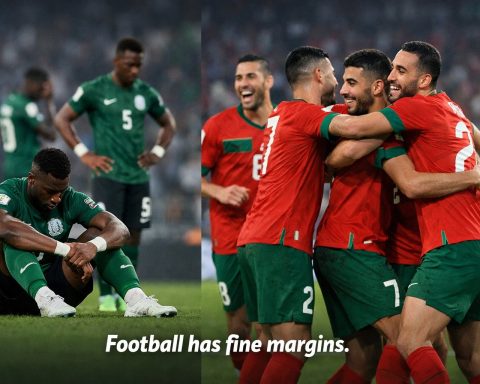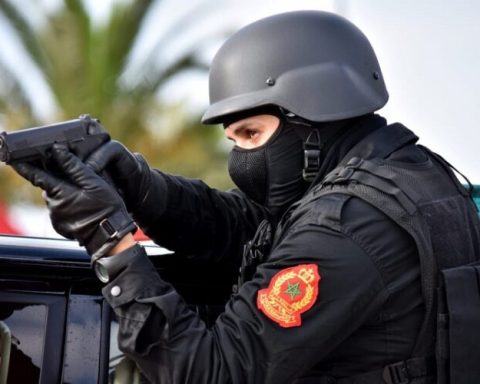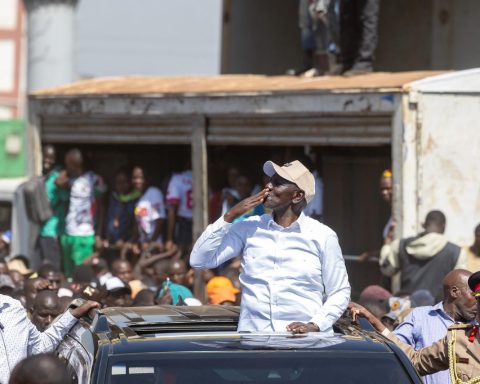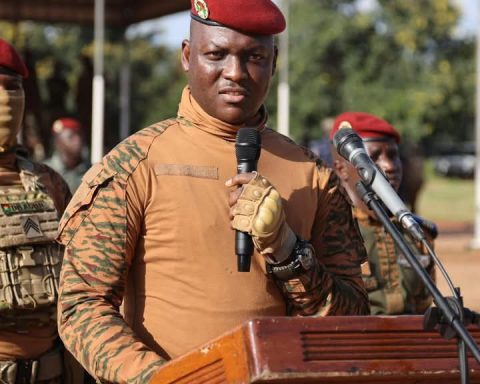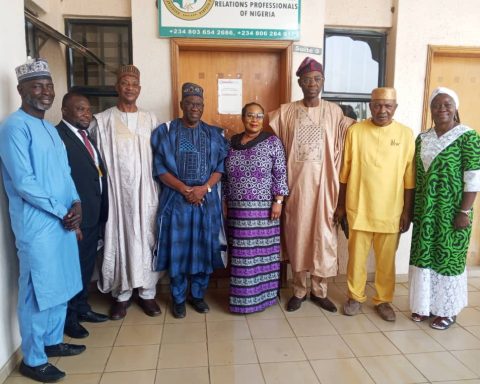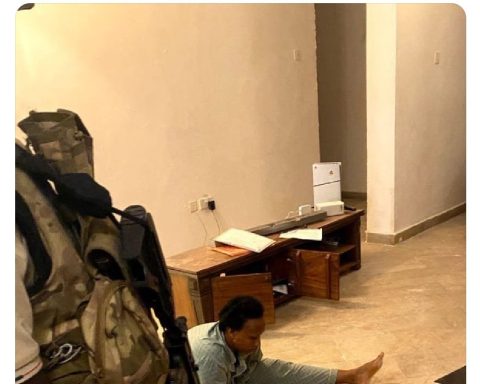The United Nations Security Council on Friday approved a US-sponsored resolution endorsing Morocco’s plan to grant limited autonomy to Western Sahara under its sovereignty, a move that marks a major diplomatic shift in one of Africa’s longest-running territorial disputes. The resolution, backed by eleven of the Council’s fifteen members, calls Morocco’s autonomy proposal “the most feasible basis for a lasting solution” to the decades-old conflict. Russia, China, and Pakistan abstained, while Algeria, which supports the rival Polisario Front, chose not to vote.
Western Sahara is a vast stretch of phosphate-rich desert along Africa’s Atlantic coast, wedged between Morocco, Mauritania, and Algeria. It was a Spanish colony until 1975, when Madrid withdrew and Morocco annexed most of the territory, claiming historical ties to the region. That move triggered a war with the Polisario Front, a liberation movement that seeks independence for the Sahrawi people and operates from refugee camps in southwestern Algeria.
A UN-brokered ceasefire in 1991 was supposed to lead to a referendum on self-determination, offering the option of independence or integration with Morocco. But disputes over who could vote have stalled the process ever since. The Polisario, which considers itself the legitimate government of the Sahrawi Arab Democratic Republic, still controls a thin eastern strip known as the “free zone” and says Morocco’s presence amounts to military occupation.
Join our WhatsApp ChannelThe Friday’s Security Council decision signals growing international support for Morocco’s position. The United States first recognized Moroccan sovereignty over Western Sahara in 2020 under President Donald Trump, in exchange for Rabat normalizing relations with Israel. Since then, several European and African countries have quietly aligned with the US stance, seeing Morocco as a key security and economic partner in North Africa. “The United States welcomes today’s historic vote,” US Ambassador to the UN Mike Waltz said after the session. “This resolution builds on momentum for a long-overdue peace.”
Morocco’s King Mohammed VI celebrated the outcome in a televised address, describing it as “a historic validation” of his country’s sovereignty and calling for dialogue with Algeria. But the Polisario Front and its allies rejected the decision, saying it undermines the Sahrawi people’s right to self-determination.
Sidi Mohamed Omar, the Polisario’s ambassador to the UN, said the vote “does not confer recognition of Morocco’s illegal occupation,” while Algeria’s UN envoy Amar Bendjama warned that the resolution “fails to faithfully reflect the UN’s doctrine on decolonization.”
The measure also extends the mandate of the UN peacekeeping mission, MINURSO, for another year and asks Secretary-General António Guterres to review its role within six months, depending on political progress.
READ ALSO: United Nations ECA Opens Up On Shocks Causing Africa’s Stagnation On SDG
For Morocco, which controls about 80 percent of Western Sahara and has poured billions of dollars into roads, ports, and renewable-energy projects in the territory, the vote is a diplomatic victory. For the Polisario Front and the roughly 170,000 Sahrawi refugees in Algeria’s Tindouf camps, it is another setback in their decades-long struggle for an independent homeland.
Despite the UN’s appeal for all sides to “seize this unprecedented opportunity for peace,” demonstrations broke out in several Sahrawi refugee camps after the vote, with protesters accusing the international community of abandoning their cause.
The resolution may bring Morocco closer to international recognition of its claim. Still, it leaves unanswered the core question that has defined Western Sahara’s half-century-long standoff: whether the Sahrawi people will ever get to decide their own political future.



